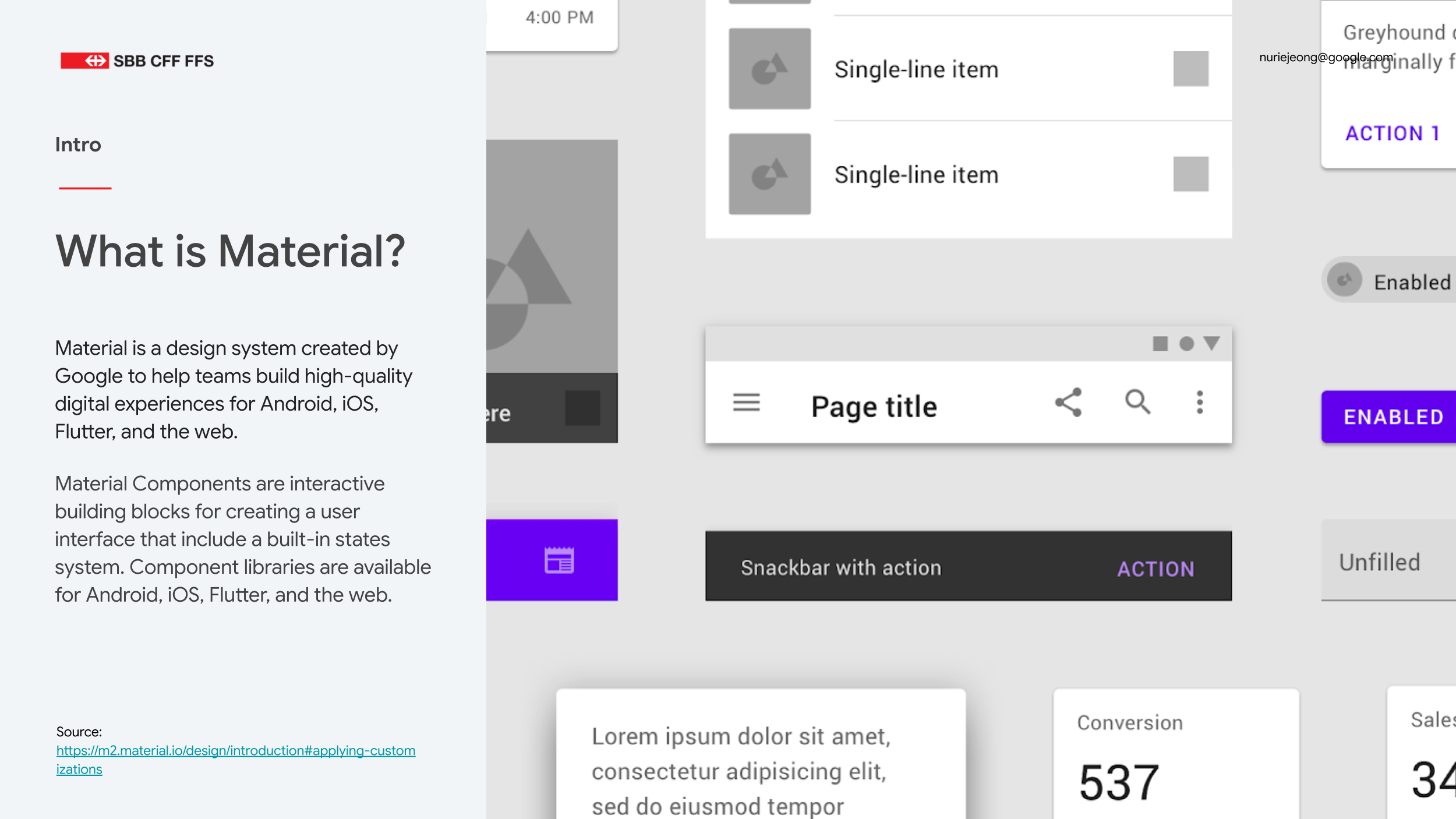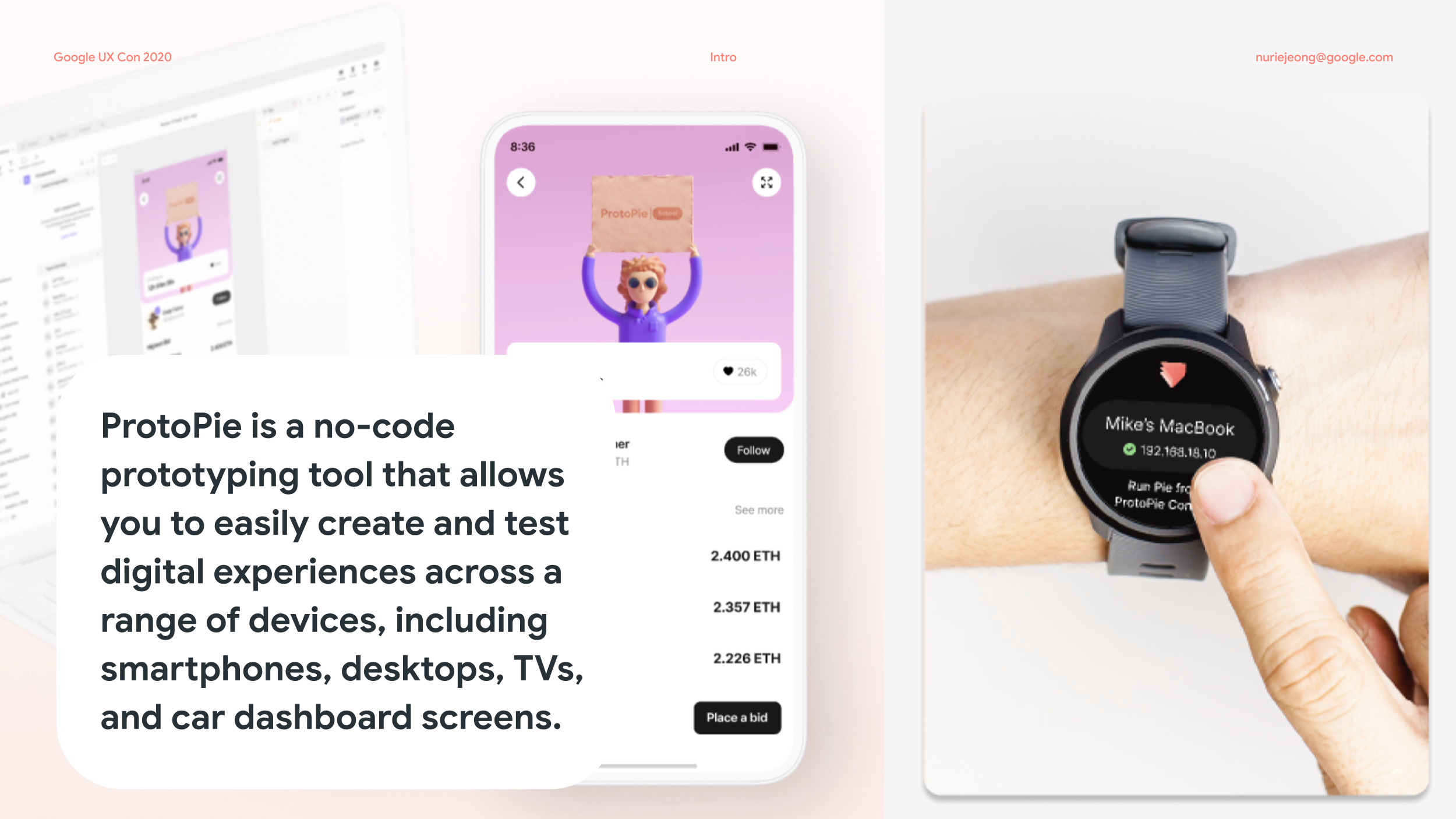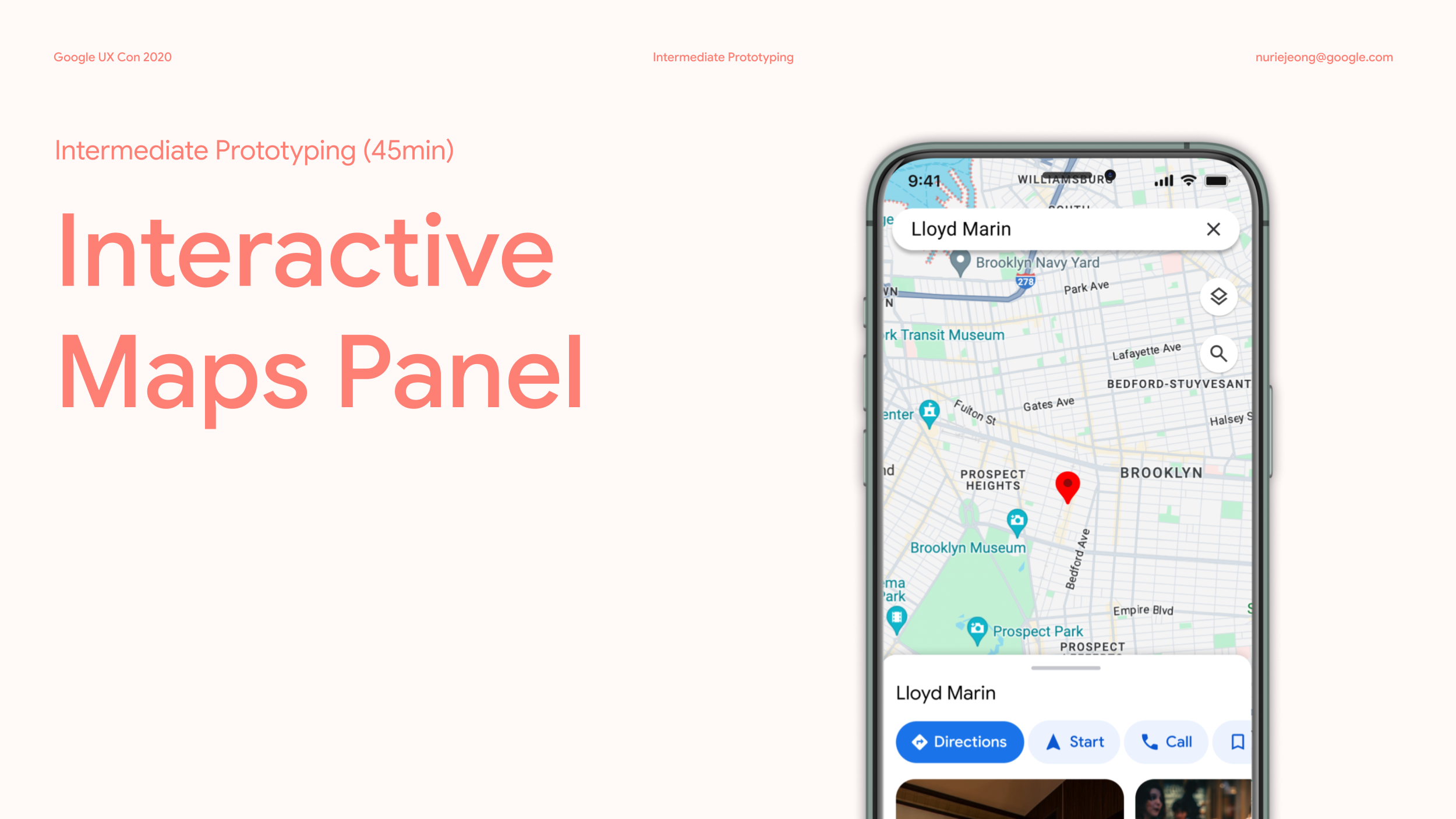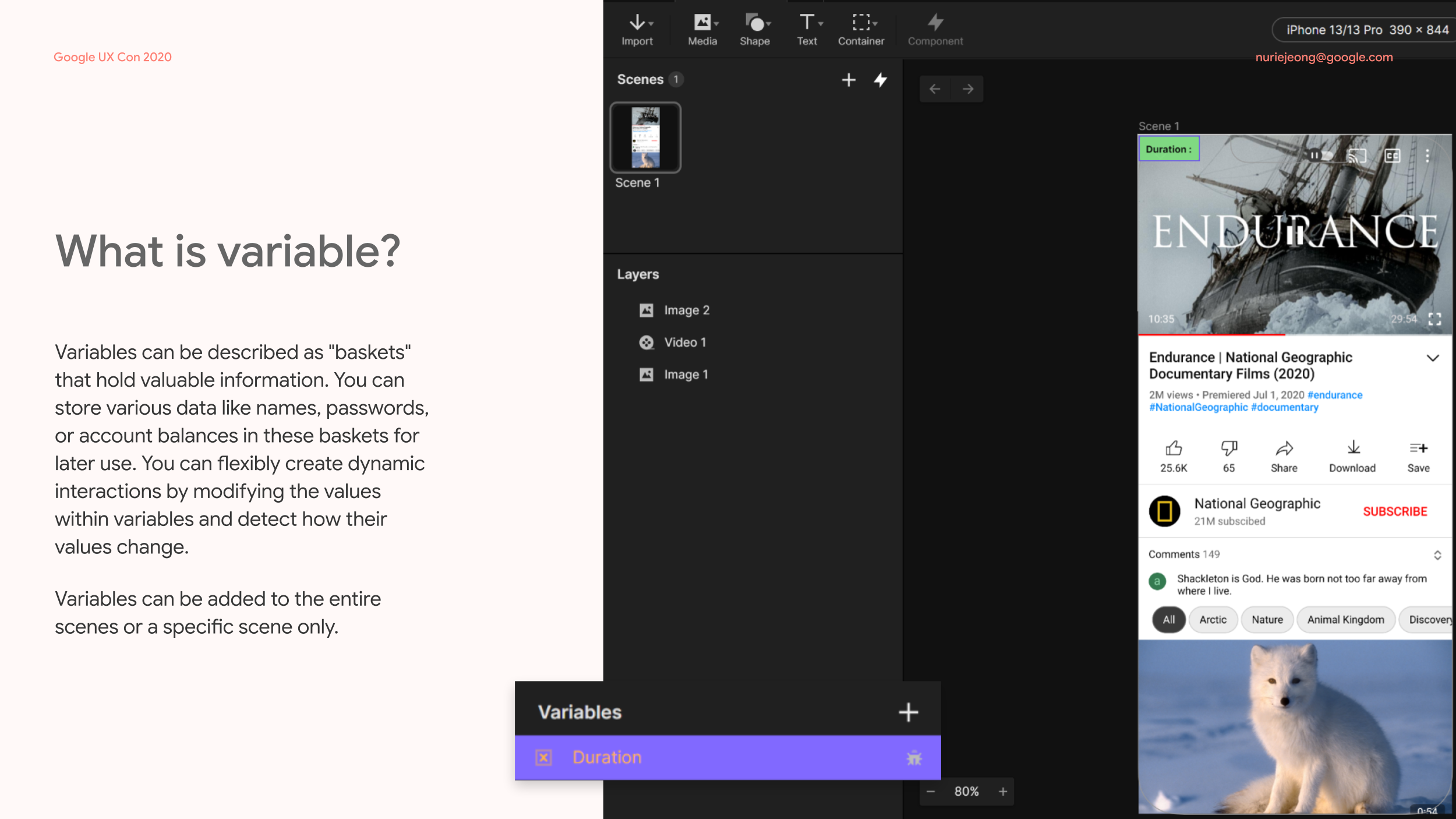List of talks & seminars
How to Survive in a Vacuum of Understanding of User Needs
- Interaction 23 Zurich, March 2023
This 15-minute talk introduces creative approaches to conducting foundational research when UX designers and researchers face challenges in accessing actual users. Working for disruptive technologies is an exciting opportunity, but designing a product that doesn't exist in the market often requires us to step away from traditional UX research methods. In my case, the biggest challenge was the inability to anticipate specific feedback or requests from end users. My target audience primarily consists of non-tech-savvy individuals who don’t typically articulate concrete problems or opinions about smartphone scanners. Additionally, we couldn’t approach enterprise customers for user research, as testing a half-baked prototype might give them the wrong impression of our product before its official launch.
To navigate these constraints, my colleague Julien and I explored alternative strategies, such as hiring shift workers through a hiring platform, watching relevant YouTube videos, and analyzing Reddit threads posted by potential users. We also see the future potential of using AI-driven methods to extract insights from online platforms, offering new ways to conduct user research in the near future.

















Note: Due to the confidentiality of the content, the deck is modified to include public materials only
Material Design: How It Is Developed and Updated
- Internal seminar for Swiss Rail Way, November 2021
Material is an adaptable system of guidelines, components, and tools that support the best practices of user interface. I was invited to join the design team at Swiss Federal Railways (SBB), where I delivered a 40-minute internal seminar on the development and application of Material Design across various Google products. The session consisted of three sections - 1. Elements of Material Design system, 2. Design guidelines about Dos and Don’ts, and 3. Recent updates of Material Design guidelines.
The primary objective of the talk was to provide SBB with a solid foundation to kickstart the development of their own design system. Additionally, the seminar aimed to inspire SBB to explore guidelines beyond UI design-related topics. While Material Design primarily focuses on screen-based product design, its recent updates encourage designers to contemplate about designing products with emerging technologies like machine learning and AI, as well as principles of product inclusion. By highlighting these advancements, I sought to ensure that SBB incorporates these broader dimensions of UX design into their initiatives.
















Note: Due to the confidentiality of the seminar only the instructional deck is included
It’s as Easy as Pie! Prototyping with ProtoPie
- Internal workshop at Google UXCon, November 2020
Building working prototypes for UX research often places a significant burden on engineering teams, leading to bottlenecks in the product development process. ProtoPie, a no-code prototyping tool, addresses this challenge by enabling the creation of high-fidelity prototypes without requiring coding expertise, making it an excellent solution for professionals.
I hosted a 2-hour internal workshop at Google, aimed at UX designers and engineers, to introduce ProtoPie and showcase its capabilities. The goal was to demonstrate how participants could create functional prototypes without writing code, using concrete examples. After reviewing the attendee list and their respective teams, I selected two Google apps—Google Maps and YouTube—as the basis for the tutorials. The workshop included step-by-step instructions for building the most commonly needed interfaces and interactions including:
Maps: A scalable map with pinch-to-zoom gestures and a scrollable content panel.
YouTube: A fully functional video player prototype without coding.
The workshop received overwhelmingly positive feedback, earning four peer bonuses from team members at both Maps and YouTube.